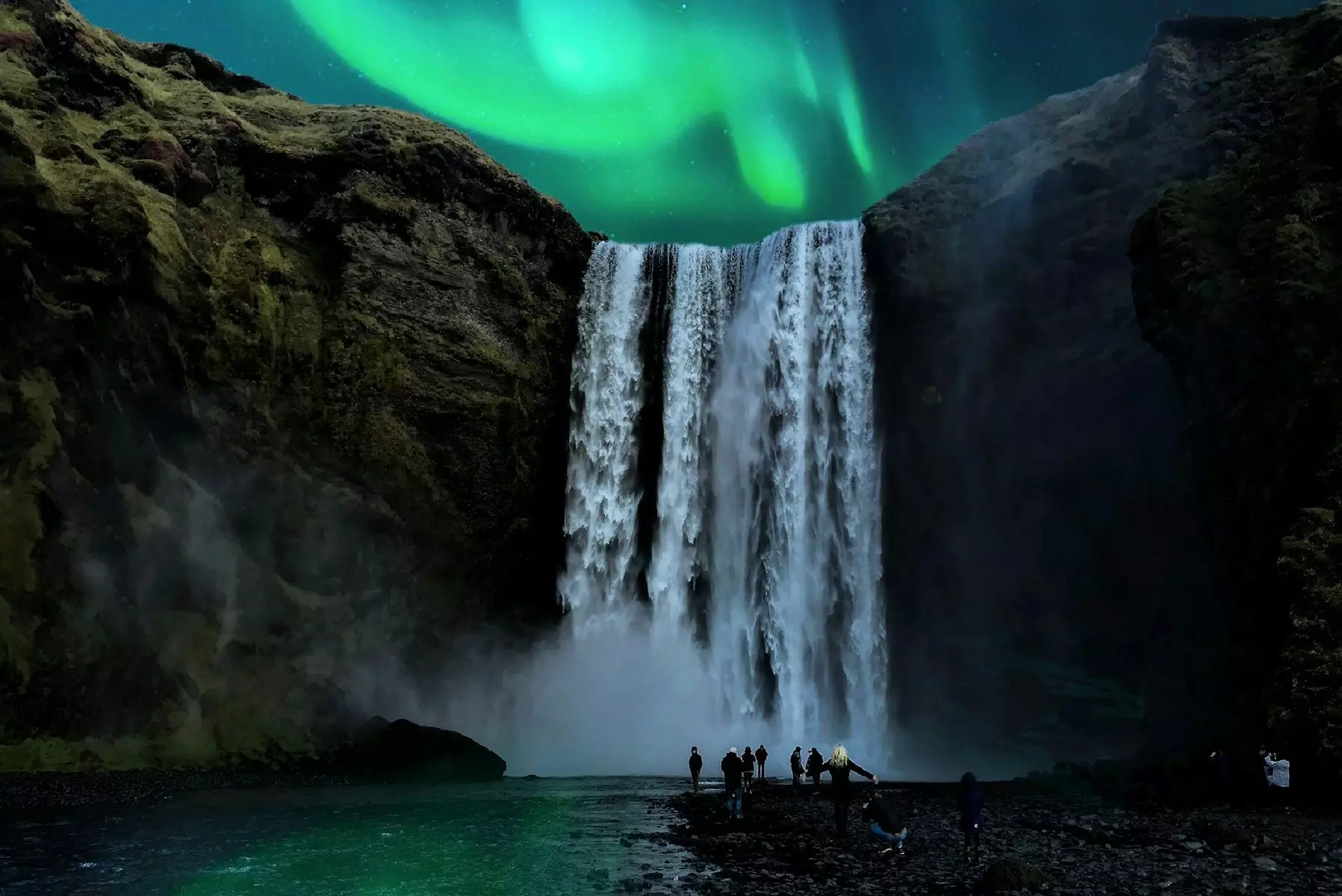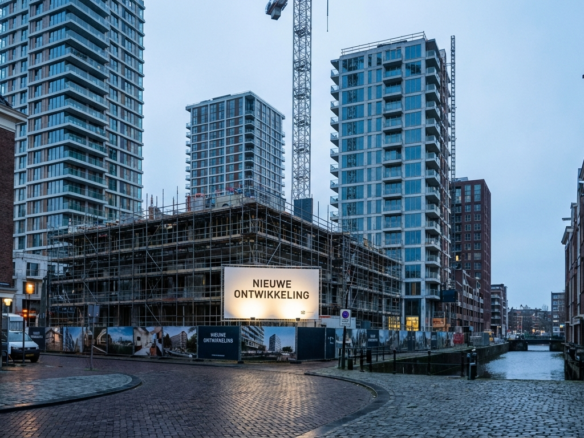Iceland, a small Nordic island nation with a population barely exceeding 370,000 people, has achieved something remarkable. This volcanic island in the North Atlantic has consistently ranked at the top of global quality of life indices, earning its reputation as one of the best countries in the world to live in. But what exactly propelled this remote nation to such heights? The story of Iceland’s transformation from a struggling fishing economy to a beacon of social progress, economic stability, and environmental consciousness offers valuable insights for nations worldwide.
Get 50% OFF!
Subscribe to our newsletter and enjoy a 50% discount on all listing packages, no strings attached!

Understanding Iceland’s journey to excellence requires looking beyond simple metrics and examining the fundamental values, policies, and cultural attitudes that have shaped this extraordinary nation. From pioneering gender equality initiatives to maintaining one of the world’s cleanest environments, Iceland has become a model for sustainable development and social welfare. This article explores the factors that contributed to Iceland’s rise and examines what other countries can learn from its success.
How Iceland Rose to Global Excellence
Iceland’s ascent to becoming one of the world’s most livable countries didn’t happen overnight. The nation faced significant challenges throughout its history, including economic crises, harsh climate conditions, and geographic isolation. The 2008 financial crisis hit Iceland particularly hard, with all three major banks collapsing and the economy contracting by nearly 10%. However, rather than succumbing to these difficulties, Iceland used the crisis as a catalyst for reform and innovation.
The recovery from the 2008 crisis demonstrated Iceland’s resilience and adaptability. The government implemented comprehensive financial reforms, prosecuted bankers responsible for fraudulent activities, and focused on rebuilding trust in institutions. This transparent approach to accountability set Iceland apart from other nations facing similar challenges. The country diversified its economy beyond fishing and aluminum production, developing a thriving tourism sector that now accounts for a significant portion of GDP. By 2019, Iceland had not only recovered but had surpassed its pre-crisis economic levels, with unemployment rates dropping below 4% and wages increasing substantially.
The Secret Behind Iceland’s Success Story
At the heart of Iceland’s success lies an unwavering commitment to gender equality and social justice. Iceland has topped the World Economic Forum’s Global Gender Gap Index for over a decade, implementing groundbreaking policies that promote equality in the workplace and at home. In 2018, Iceland became the first country to legally require companies to prove they pay men and women equally for equal work. This legislation wasn’t just symbolic but came with real enforcement mechanisms and penalties for non-compliance.
The nation’s approach to work-life balance and family support has created a society where both parents can pursue careers while raising children. Iceland offers one of the world’s most generous parental leave systems, with parents entitled to nine months of paid leave that can be shared between both partners. Additionally, the country maintains an extensive network of affordable childcare facilities, making it easier for parents to return to work. These policies have resulted in exceptionally high workforce participation rates, with over 80% of women employed, contributing to economic growth while ensuring family stability. The emphasis on education, healthcare access, and social safety nets has created a foundation where citizens can thrive regardless of their background.
What Makes Iceland Stand Out Worldwide
Iceland’s environmental consciousness and commitment to sustainability distinguish it from most other nations. The country generates nearly 100% of its electricity from renewable sources, primarily geothermal and hydroelectric power. This remarkable achievement isn’t just about energy production but reflects a broader cultural attitude toward environmental stewardship. Icelanders have embraced sustainable practices in daily life, from recycling programs to conservation efforts protecting the nation’s unique ecosystems.
The country’s approach to governance and civic engagement also sets it apart. Iceland maintains one of the world’s lowest corruption levels and highest trust in government institutions. Citizens actively participate in democratic processes, with voter turnout consistently exceeding 80% in national elections. The small population size allows for more direct democracy, where citizens can more easily hold their representatives accountable. Iceland’s commitment to transparency extends beyond government to business practices and social institutions, creating an environment where trust becomes a fundamental currency. Furthermore, the nation has invested heavily in education and innovation, with literacy rates at virtually 100% and significant resources devoted to research and development in renewable energy, biotechnology, and digital technologies.
Lessons We Can Learn From Iceland’s Journey
Iceland’s experience demonstrates that economic prosperity and social welfare are not mutually exclusive but rather complementary goals. The country maintains a robust social safety net while fostering a dynamic, competitive economy. This balance challenges the notion that countries must choose between business-friendly policies and worker protections. Iceland shows that investing in people through education, healthcare, and family support creates a more productive workforce and drives economic growth.
Other nations can learn from Iceland’s approach to crisis management and institutional reform. When faced with the banking collapse, Iceland chose accountability over bailouts for the wealthy, prosecuting those responsible and implementing strict regulations to prevent future crises. This approach, while politically difficult, restored public trust and created a more stable financial system. Additionally, Iceland’s emphasis on gender equality isn’t just morally right but economically smart, as fully utilizing the talents of the entire population maximizes human capital. Countries struggling with economic stagnation or social inequality could benefit from adopting similar policies prioritizing long-term societal wellbeing over short-term political gains.
Key Takeaways from Iceland’s Model
- Prioritize transparency and accountability in government and business
- Invest heavily in renewable energy and environmental protection
- Implement comprehensive gender equality policies with enforcement mechanisms
- Maintain strong social safety nets while encouraging economic innovation
- Foster civic engagement and democratic participation
- Diversify the economy to reduce dependence on single industries
- Support families through generous parental leave and affordable childcare
- Commit to education and lifelong learning opportunities for all citizens
Frequently Asked Questions about Iceland
What is Iceland’s population and how does its size affect its success?
Iceland has a population of approximately 370,000 people, with about two-thirds living in the capital region of Reykjavik. The small population size contributes to social cohesion, making it easier to implement nationwide policies and maintain accountability. However, this also presents challenges such as a limited labor pool and market size.
How does Iceland achieve nearly 100% renewable energy?
Iceland’s unique geological position on the Mid-Atlantic Ridge provides abundant geothermal energy resources. Combined with numerous rivers and waterfalls suitable for hydroelectric power, the country can generate virtually all its electricity from renewable sources. Approximately 75% comes from hydropower and 25% from geothermal sources.
What is Iceland’s approach to gender equality?
Iceland has implemented mandatory equal pay certification, requiring companies to prove they compensate employees equally regardless of gender. The country also offers generous parental leave that encourages fathers to take time off, challenging traditional gender roles. These policies have resulted in high female workforce participation and leadership representation.
How did Iceland recover from the 2008 financial crisis?
Iceland’s recovery involved letting banks fail rather than bailing them out, prosecuting those responsible for fraud, implementing strict financial regulations, and focusing on economic diversification. The country also benefited from currency devaluation that made exports more competitive and tourism more attractive.
What are Iceland’s main economic sectors?
Tourism has become Iceland’s largest industry, followed by fishing and fish processing, aluminum smelting powered by renewable energy, and increasingly, technology and creative industries. The country has successfully diversified from its traditional dependence on fishing.
Is Iceland’s model replicable in other countries?
While Iceland’s small population and unique geographic advantages make direct replication challenging, many principles such as transparency, gender equality policies, investment in renewable energy, and strong social safety nets can be adapted by countries of various sizes and circumstances.
Comparison: Iceland vs. Global Averages
| Metric | Iceland | Global Average |
|---|---|---|
| Gender Equality Index Ranking | 1st | Varies |
| Renewable Energy (% of total) | ~100% | ~26% |
| Female Workforce Participation | ~80% | ~47% |
| Voter Turnout | >80% | ~65% |
| Corruption Perception Index | Top 10 | Varies |
| Literacy Rate | ~100% | ~86% |
In short
Iceland’s transformation into one of the world’s best countries represents a masterclass in prioritizing human wellbeing, environmental sustainability, and good governance. The nation’s success stems not from abundant natural resources or a large economy but from deliberate policy choices that value equality, transparency, and long-term thinking. From pioneering gender equality legislation to achieving nearly complete renewable energy independence, Iceland has demonstrated that ambitious goals are achievable when supported by political will and social consensus.
While Iceland’s small population and unique circumstances present advantages not available to all nations, the underlying principles of its success are universally applicable. Countries worldwide can learn from Iceland’s emphasis on accountability, investment in social infrastructure, and commitment to environmental stewardship. As global challenges like climate change, economic inequality, and social division intensify, Iceland’s model offers a roadmap for building societies that are not only prosperous but also equitable, sustainable, and resilient. The island nation proves that being the best isn’t about being the biggest or richest but about creating conditions where all citizens can thrive.





Join The Discussion